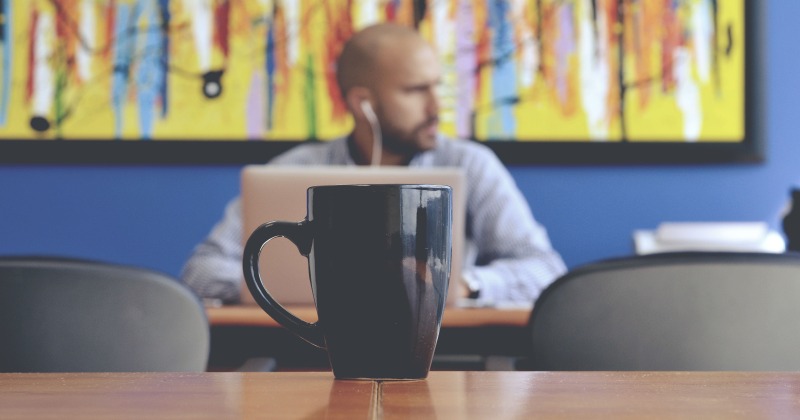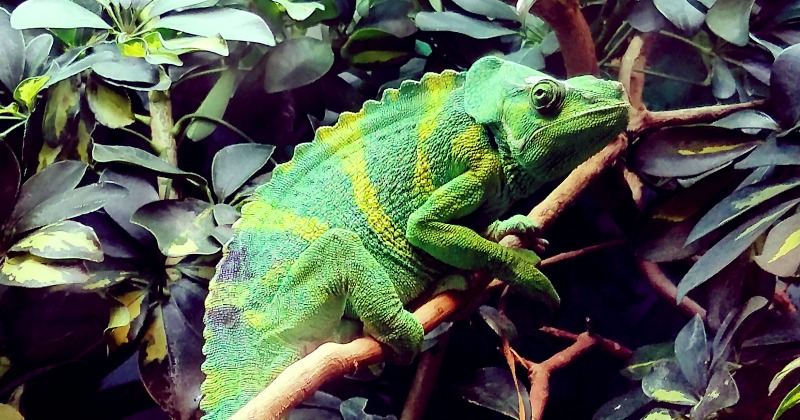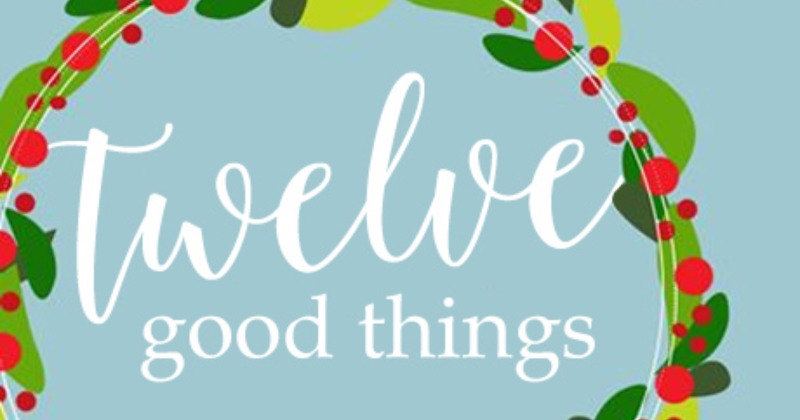
Accept Dependence
We are hungry for love and need others. Let this truth in. Accepting your inherent dependence brings you into harmony with the way life is.

We are hungry for love and need others. Let this truth in. Accepting your inherent dependence brings you into harmony with the way life is.

When things are difficult, we often add a lot of unnecessary frustration, anxiety, and self-criticism by resisting the difficulty of them – often with an underlying attitude of “it shouldn’t be this way.” Find more peace by accepting difficulty instead of getting aggravated by it.

It’s important to acknowledge mistakes and learn from them so they don’t happen again. But most people beat themselves up past that point.

Our minds are hauled along in a culture without a speed limit – exceeding the limit, and there is always a price. Pulling out of the mental traffic, it’s an act of freedom and wisdom.

People don’t care what you’re doing – you are just a bit player in their own personal drama. Or if they do care, it’s a passing feeling.

There is a deeper place that is undisturbed, your center. As you deepen your sense of connection with this core of your being, you’ll be more resilient, happier, and at ease.

The brain is highly integrated, so these three key functions – avoiding, approaching, and attaching – are accomplished by all parts of the brain working together.

R.A.I.N. is an acronym developed by Michelle McDonald but adapted a bit by me, to summarize a powerful way to expand self-awareness.

In a busy life, each day gives you dozens of opportunities to leave the Red zone and move toward Green. Each time you do this, you gradually strengthen the neural substrates of Green, one synapse at a time.

Love is in our nature, woven into our DNA. Love is a natural wellspring inside us all. It doesn’t need to be pushed or pumped. It needs to be released.

Stressed by all the things you have to do? Seen as brick-like entities, tasks can feel heavy, oppressive, burdensome. If instead we view our tasks as clouds, tasks feel more fluid, like streams or eddies you step into, influencing or contributing as best you can, before they swirl on and become something else.

Be mindful of rushing. See how other people assume deadlines that aren’t actually real, or feel pressured about things that aren’t that important.

Twelve Good Things that I think are really wonderful and worth your attention.

Ill will creates negative qualities, whereas goodwill creates positive qualities. As a social and loving species on the planet, we have the wonderful ability and inclination to connect with others, be empathic. But we are also aggressive.

Acceptance is the foundation of wisdom and inner peace. It is easy to accept life’s beautiful things. It is the hard things in life that are hard to accept. The sweet spot is both by accepting the fact that they are what they are.